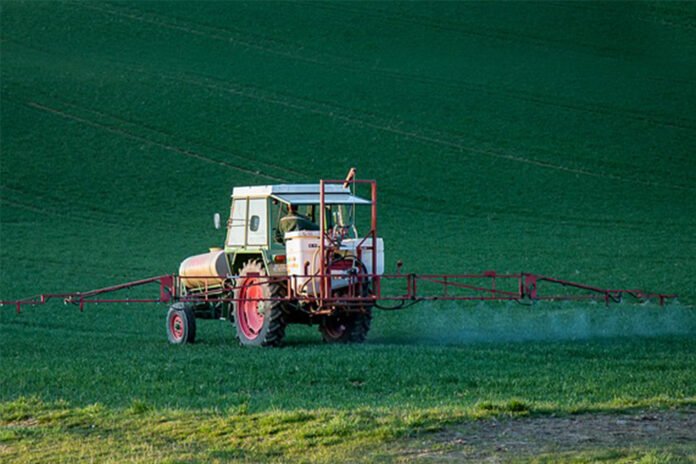Better Cotton has developed a new framework to reduce the use of synthetic pesticides in cotton farming, which besides offering environmental benefits, is also expected to help farmers reduce input costs and increase profits.
The new integrated pest management (IPM) approach has been designed to emphasize the growth of a healthy crop with the least possible disruption to agricultural ecosystems. To increase the awareness and adoption of IPM practices among farmers over time, Better Cotton Initiative requires producers to develop an IPM strategy under the principles and criteria (P&C) – our farm-level standard. The revised version of BCI, P&C, published earlier this year, puts even more emphasis on IPM as the basis of crop protection.
The new framework will also support cotton farmers, associations, extension agents, and organizations that are working to foster the adoption of better farming practices in their Better Cotton programs.
Strengthening of IPM is being developed by Pesticide Action Network UK. It will identify strengths and weaknesses in current IPM practice and plan activities to promote techniques and increase their adoption. It will also monitor the uptake and efficiency of IPM practice adoption and implementation, and provide a common understanding of best practices and means of improvement.
The framework is being tested currently by BCI through pilot projects in Pakistan, India, and Mozambique. The recent India Impact Report details how overall pesticide use reduced by 53 percent in the 2021/22 season compared to the 2014-17 period.
The framework later be scaled up from the next season onwards, with Better Cotton providing support to partners during the process. Better Cotton, that IPM doesn’t prohibit pesticides completely, but focuses first on the prevention of pest pressures and then regular, careful monitoring of pest populations.
When pest numbers are high enough that control measures are necessary, non-chemical methods such as biopesticides or traps are the first choice, with conventional pesticides used as a last resort.



